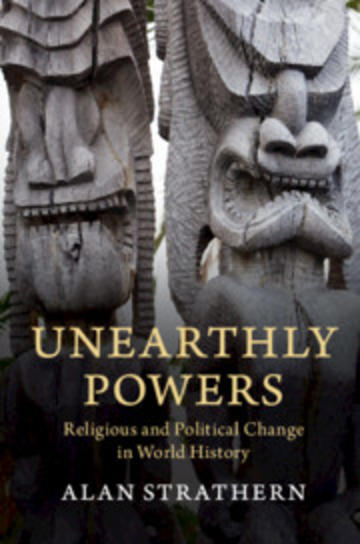
'Why was religion so important for rulers in the pre-modern world? And how did the world come to be dominated by just a handful of religious traditions, especially Christianity, Islam, and Buddhism? Drawing on sociology and anthropology, as well as a huge range of historical literature from all regions and periods of world history, Alan Strathern sets out a new way of thinking about transformations in the fundamental nature of religion and its interaction with political authority. His analysis distinguishes between two quite different forms of religiosity - immanentism, which focused on worldly assistance, and transcendentalism, which centred on salvation from the human condition - and shows how their interaction shaped the course of history. Taking examples drawn from Ancient Rome to the Incas or nineteenth-century Tahiti, a host of phenomena, including sacred kingship, millenarianism, state-church struggles, reformations, iconoclasm, and, above all, conversion are revealed in a new light.'
Unearthly Powers was awarded the World History Association Bentley Book Prize for 2020.
Find out more at Cambridge University Press.c